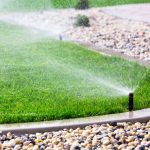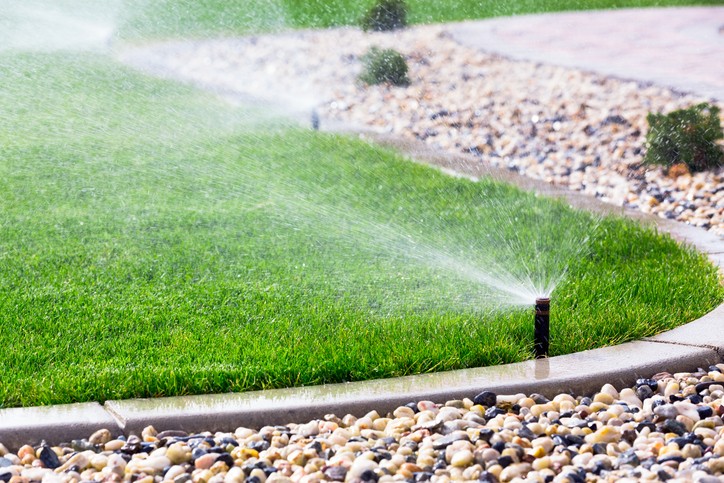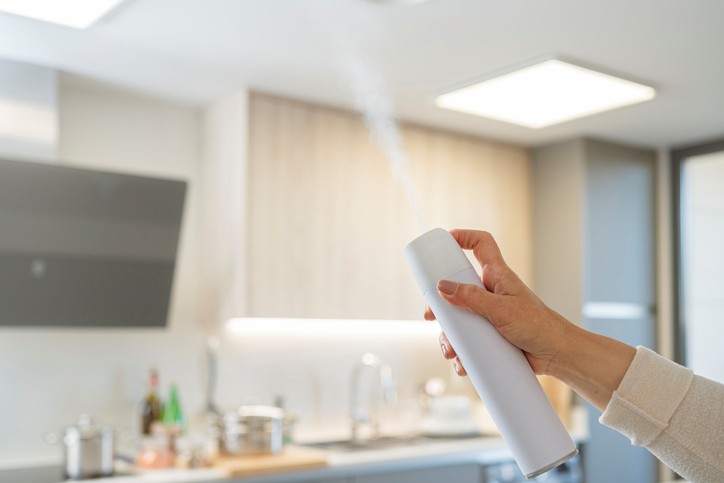When outdoor temperatures rise, you may think your water heater gets a well-deserved break. Instead, summer brings its own challenges that can push your water heater to its limits—sometimes even more so than winter.
Whether it’s more showers after long days outside, extra laundry from summer activities, or more guest activity, your water heater could be running overtime. And just like any hardworking appliance, it needs some seasonal attention to stay in prime shape.

Why Summer Can Be Hard on Your Water Heater
You might not notice it, but your demand for hot water usually goes up during summer. Common culprits include:
- Frequent showers to rinse off sweat, sunscreen, or chlorine
- More laundry from towels, beachwear, and outdoor clothing
- Extra dishwashing from family meals or backyard gatherings
- Guests and kids home for the summer increasing daily use
All of this means your water heater is likely working just as hard, if not harder, than during the cold weather months. Without proper maintenance, that extra demand can shorten its lifespan or lead to a mid-summer breakdown.
5 Summer Water Heater Tips to Keep Things Flowing
Here’s how to help your water heater stay efficient and trouble-free all summer long:
- Set the Right Temperature
Make sure the thermostat is set to 120°F. This is hot enough for daily use, safe for your family, and am energy efficient setting. Higher temperatures don’t heat water faster; they just raise your utility bill and increase the risk of scalding.
- Flush Out Sediment
Minerals and debris build up over time inside your tank. Draining and flushing it once a year (summer is a great time!) helps your system heat more efficiently and prevents damage to the tank lining.
- Inspect for Leaks or Rust
Take a few minutes to look around the base of the tank and nearby pipes. Damp spots, corrosion, or unusual dripping could signal the start of a larger issue.
- Test the Pressure Relief Valve
This small valve is a big safety feature. Gently lift the lever and let it snap back. If water doesn’t flow briefly into the discharge tube, or if it continues to leak afterward, it may need professional attention.
- Add Insulation if Needed
Even in warm weather, a water heater in a hot attic, garage, or basement can lose heat. Wrapping the tank and pipes in insulation can cut energy loss and ensure that there’s plenty of leftover hot water when you need it.
Don’t Let a Hot Water Shortage Spoil Your Summer
If your water heater has been slow, running out of hot water too soon, or showing signs of trouble, don’t wait for a total shutdown. Contact Norhio Plumbing for a thorough water heater and plumbing inspection. We’ll help your system run cleaner, more efficiently, and reliably – and that can a long way toward ensuring your more restful and enjoyable summer season.









Leave a Reply